
Ancient Chinese Theology: From Shàngdì to Tiān
The Chinese civilization is if not the, then certainly one of, the oldest persistent civilizations on the planet.[1] Its roots go back to the early part of the second millennium BCE with the first dynastic empire, the Xia Dynasty (circa c.…

From the (Ancient) Far East: The Translation Challenge
We see the first evidence of Chinese writing, pictograms or logograms on bronze and bone artifacts from the last years of the Xia Dynasty (2070 – 1600 BCE), almost four thousand years ago. This writing system, the foundations of which…
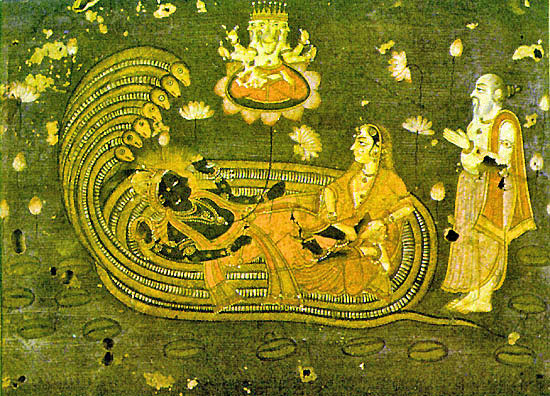
Eurasian Mythos: Establishing the Laurasian Hypothesis
These mythological narratives clearly reached back at some level or another into the pre-civilization times of the societies within which they emerged, there was clearly not only similarities between the accounts, but also clearly some “borrowing”…
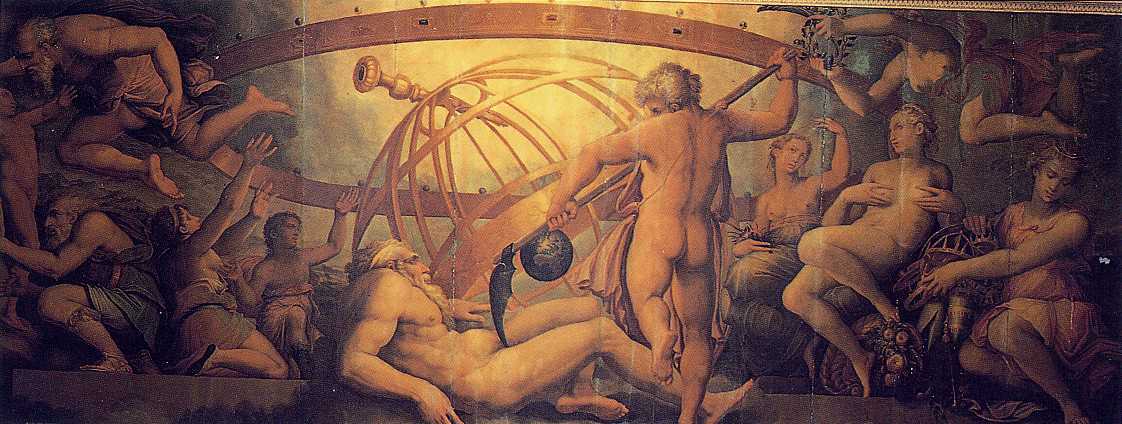
Roman Cosmogony: The Metamorphoses of Ovid
When trying to ascertain the belief systems of the ancients, and specifically as related to their views on cosmogony and theogony, one is apt to conclude that anything written by the Latin/Romans can add nothing to the historical record of…
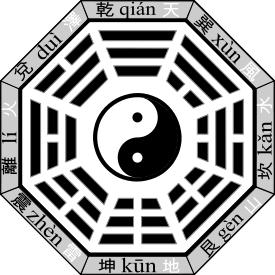
Ancient Chinese Theology: Shàngdì, Pángǔ, Tiān and the Dao
Before the evolution of the more esoteric and all-encompassing principle of Heaven (Tiān) which we find so prevalent in classical Chinese philosophical circles after the advent of the Zhou Dynasty, the primary divine entity that is worshipped…
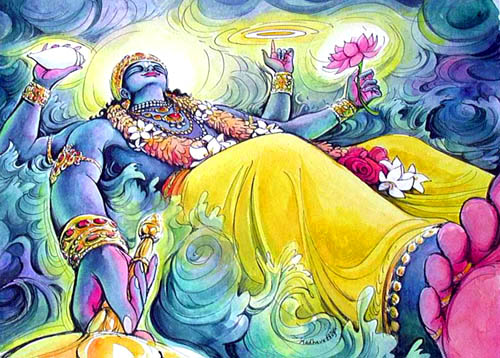
Vedic Cosmogony: Skepticism, Puruṣa and Hiraṇyagarbha
When one looks at the early creation myths, i.e. mythos, of the Indo-Aryans[2], what we today call Hinduism, one is confronted with the fact that their early mythology was not so clearly codified or synthesized as its sister cultures in Mesopotamia and…

Orphic Theogony: Thanes and the Great Cosmic Egg
While Hesiod’ Theogony remains the standard, orthodox version of theogony (i.e. the story of the origin and genealogy of the gods) to the ancient Greeks, there exists an alternate tradition attributed to pseudo-historical and somewhat mythical…
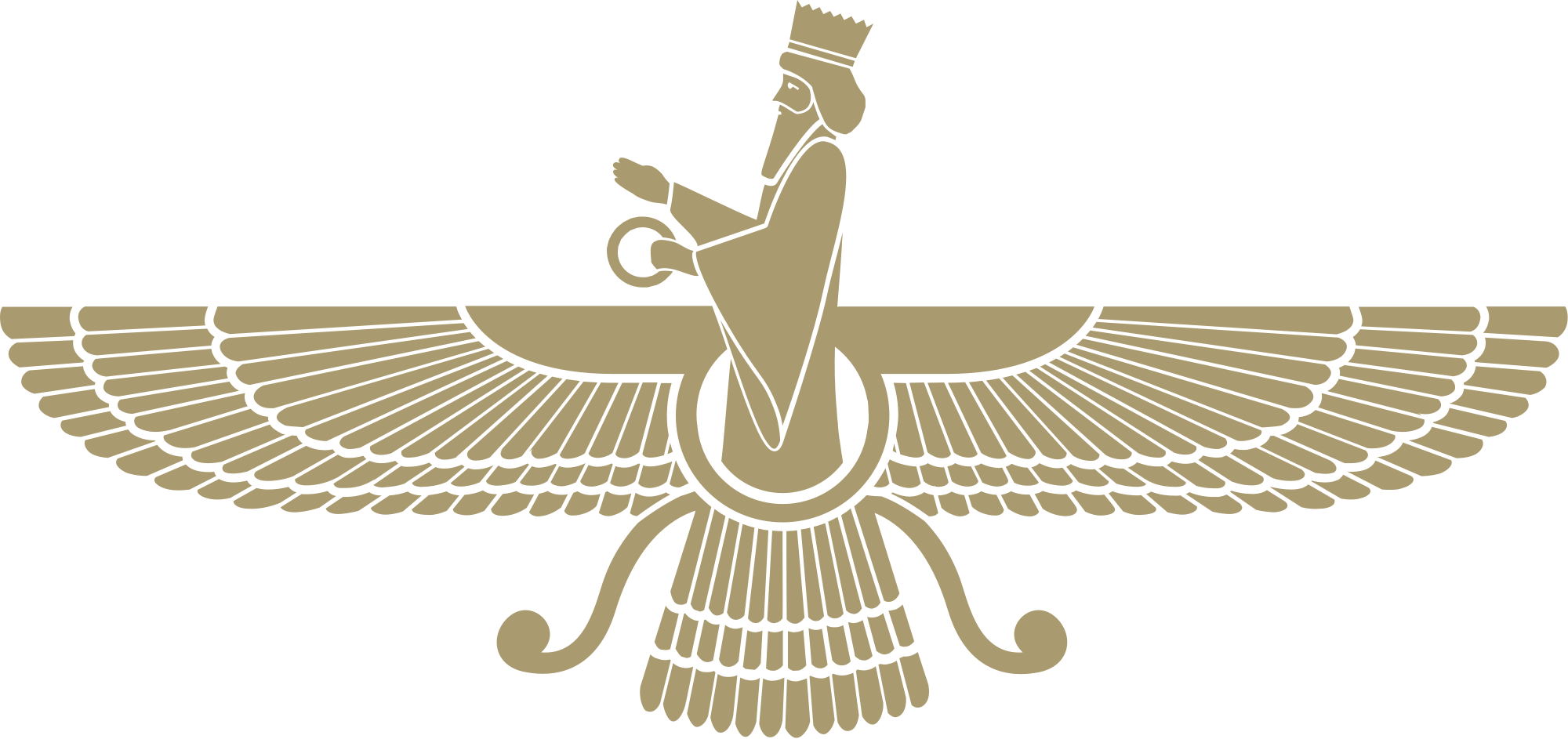
Ancient Persian Theology: Zarathustra and the Avesta
In the 2nd and first millennium BCE, some 1500 years before Christianity and the Roman Empire spread throughout the Mediterranean and Middle East, we see evidence of the prevalence of a faith that has come to be known as Zoroastrianism, a…
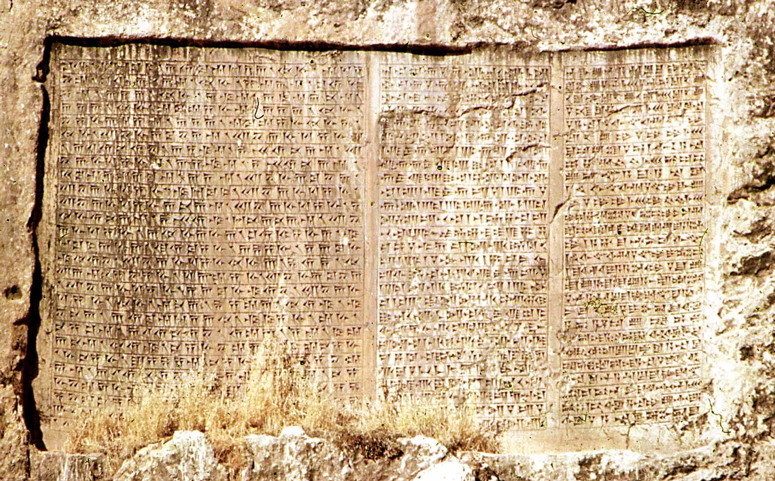
The Enûma Eliš: Sumer- Babylonian Creation Mythos
Like all ancient mythological traditions, in order to have a contextual understanding of ancient myth and the culture within which it evolved, one must look at the historical and archeological record, along with the extant textual and writing…
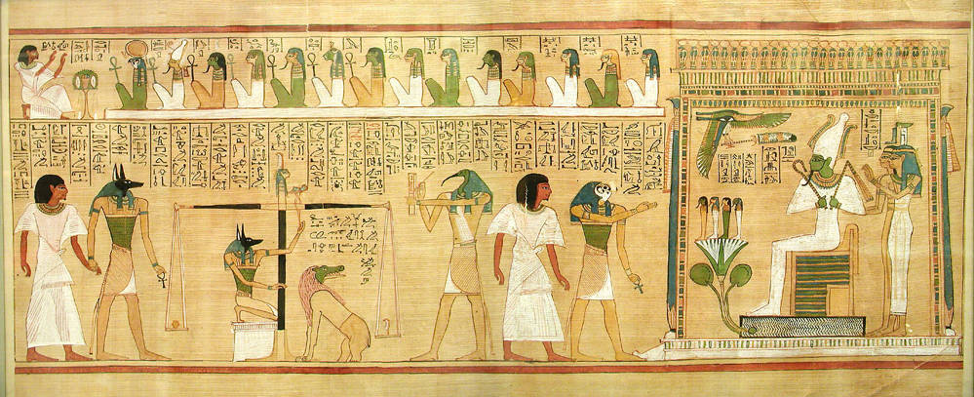
Ancient Egyptian Mythos: The Weighing of the Heart, Ra and Ma’at
Perhaps the earliest mythological tradition we find documented, or evidence of, is that of the ancient Egyptians, a culture and civilization that evolved out of the settlement of the Nile delta river region in Northern Africa around the turn…
